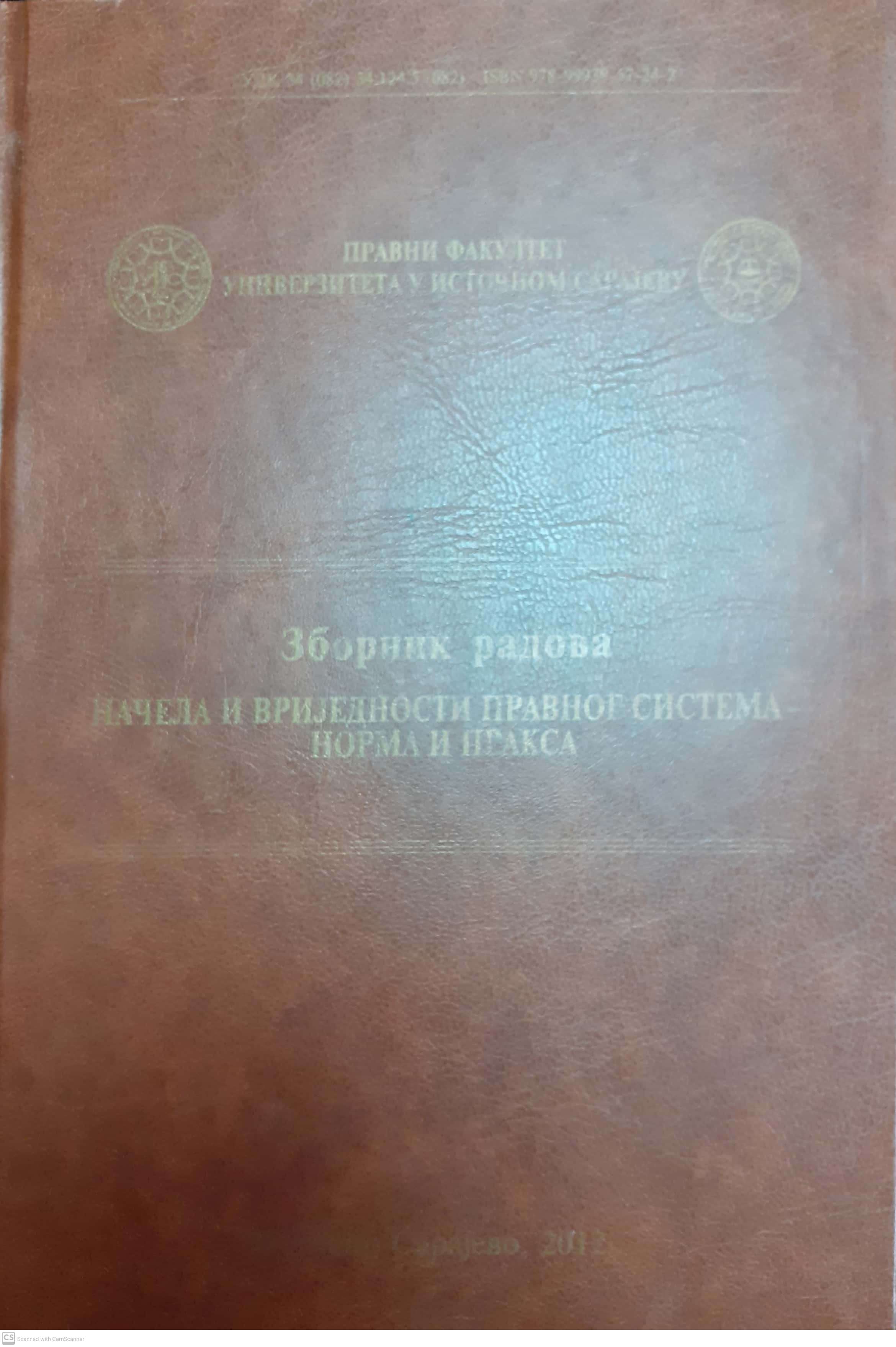Правни оквир који уређује истрагу у европским државама
Legal Framework Regulating Investigation in European States
Author(s): Miodrag N. Simović, Vladimir M. Simović
Subject(s): Criminal Law, EU-Legislation
Published by: Правни факултет Универзитета у Источном Сарајеву
Keywords: Investigation;Crime;Crimilan procedure;Court;Prosecutor;Suspect;Police;
Summary/Abstract: Bosnia and Herzegovina is among several European states which have recently enacted their own new systemic procedural laws, which regulate the criminal procedure in a considerably different manner. According to those procedural laws, the model of a criminal procedure in BiH is a mixed, accusatorial and inquisitorial procedure with some features which make it a special model of mixed type of a criminal procedure. Constructively speaking, an ordinary criminal procedure in BiH is consisted of two separate stages: preliminary proceedings (investigation and accusatorial proceedings) and main proceedings.If, for example, a comparison is made with investigation conducted in Spain or England, one may notice big differences which could be described as inquisitorial model still prevailing in Spain (where judicial investigation is still the focus of the proceedings), and as a system of common law which still exists in England (where the focus is placed on public judicial hearing). It should also be noted that the very goal of preliminary proceedings is considerably different. The preliminary proceedings in England are aimed at preparation of main trial, while, for instance, in Spain and Belgium, it is aimed at creating the foundation for final judgment. In that context, a presentation of the systems of investigation in Italy, Germany, Austria and France is offered, in which case the focus is placed on the most relevant issues regarding the investigation in the criminal legislation of BiH. The system existing in Austria and Germany is particularly relevant because the mentioned countries have entrusted the investigation functions to the flexible cooperation of the police and prosecutorial authorities, in which case a considerable attention is paid to the victims’ rights. In the author’s view, the key matter for the criminal justice system is to demonstrate the ability and determination to conduct investigation in any case in which there is a suspicion that a criminal offence has been committed and to perform its tasks in the professional, trustworthy and consistent manner. On the other hand, the investigation must be organized so as to reflect the necessity of securing effectively the rights of the suspect. The court must exercise the function of striking a balance between the opposing interests and rights.
- Page Range: 662-680
- Page Count: 19
- Publication Year: 2011
- Language: Serbian
- Content File-PDF

